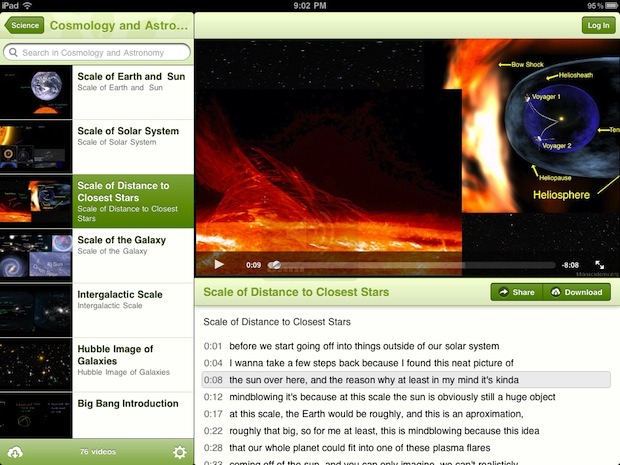


He is widely praised for instilling a sense of wonder about a subject, while also explaining the nitty-gritty in ways that are clear and help build confidence. Khan, who studied computer science at MIT and has a Harvard business school MBA, devised many of the site's courses himself, particularly in math and science (it also hosts subjects like history, economics and law). Unlike other major online education players like Coursera and EdX that are fee-charging, nonprofit Khan Academy teaches subjects from kindergarten up to college level at zero cost. Khan admitted the situation was far from ideal, but said in the long run there may be certain "silver linings" - such as renewed effort to close the digital divide.Ī project he's currently working on called "schoolhouse.world" would connect children to tutors online for free. One drawback of distance learning is that it widens the attainment gaps between children from better and worse-off families. "You've got to make it interactive, you've got to pull kids out of the screen, a lecture over Zoom is not a good idea," he said. They can also write about the books and have their peers give feedback. "Try to get at least 20 to 30 minutes of practice in a day," he said.įor reading and writing, parents can look for book lists and organize Zoom meetings for their children to talk about what they read. In order to prevent mental atrophy and prepare their kids to return, parents can leverage online learning for the core subjects like math.


His tips include giving children a dedicated workspace that helps them mentally differentiate where they're studying and where they can goof off.Īnother suggestion to reduce feelings of isolation: physically-distanced park meet-ups between families with children of a similar age. As many students return to school only via virtual or hybrid learning this fall, Khan said that the world had to find ways to mitigate the impact.


 0 kommentar(er)
0 kommentar(er)
